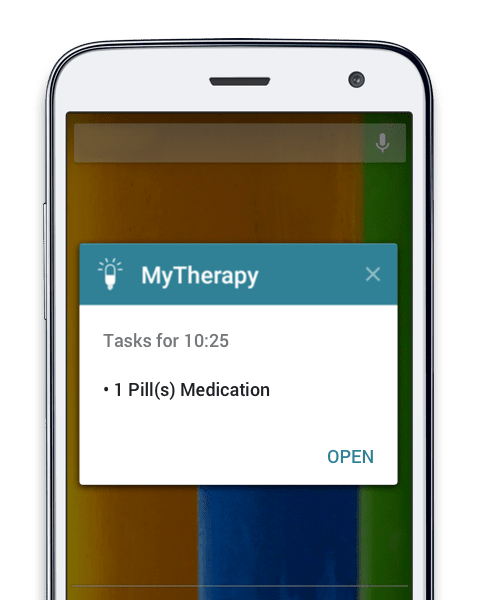Whether you have an aging relative, or a loved one with a chronic illness that makes daily life difficult, knowing more about assisted living can be useful. Successfully navigating the wide range of options available, as well as knowing when the time is right to seek assisted living, can make life easier for everyone involved. Read on to learn about the assisted living facilities currently caring for millions of people around the world.
Assisted living:
The first question on most people’s minds is “what’s the difference between an assisted living facility and a nursing home?” The key difference is the setting. Generally, nursing homes provide medical care for patients in a clinical setting, whereas assisted living facilities provide general assistance and support in a setting more like home. Both options have their merits for individual patients. However, the focus of this article is on assisted living. For patients who need assistance with day-to-day life, but do not need serious medical care regularly, assisted living facilities may be the right choice. In the next section, we’ll discuss in more detail what makes someone a good candidate for assisted living.
It can be difficult to describe exactly what assisted living will look like, since every facility may vary slightly from one another. That said, there are standards that most facilities will follow, if you or your loved one has specific needs, they should be brought up with potential care providers before reaching a decision. In general, you can expect assisted living to provide the following services:
- Meals
- Social and recreational activities
- Housekeeping services
- Emergency medical care
- Medication monitoring
- Personal care
If you or a loved one is considering moving to an assisted living facility, it is useful to think about the services that are most important to you. A good starting point is asking “Why did we consider this change in the first place?” It is also useful to note how often assistance is required, bringing this up to prospective assisted living facilities can help to gauge if they could be a good fit.
If the information above has led you to believe an assisted living facility may be the right course of action, the next section will help further determine who can benefit most from assisted living.
Candidates for assisted living:
The criteria discussed in this section is not a definitive guide, it is general information to help guide informed decisions. If you or a loved one feels assisted living is a good option even without fitting the criteria, it may be a good idea to speak with some assisted living facilities near you who can provide more individual advice. Most assisted living facilities will provide care to patients 18 years or older, so long as they don’t have a severe cognitive impairment, extensive medical needs, or behavioral issues. Typically, the ideal candidate is someone who:
- Requires moderate daily care
- Needs assistance with mobility
- Can’t complete tasks such as meal preparation or medication management
- Needs assistance with hygiene tasks such as showering
In some cases, patients with severe mobility difficulties may be discouraged from entering assisted living facilities. However, this will vary depending on the individual case. If you feel that you or your loved one fit the above criteria in any way the best course of action is to reach out to a local assisted living facility. They will be able to provide their specific criteria, and if they feel a different option, such as home care, is better they may be able to provide suggestions.
Assisted living pricing:
The prices of assisted living care can vary widely and may depend greatly on an individual’s insurance policies. However, in the US, the average monthly cost of assisted living is $4000, or $48000 over one year. Due to the cost of staffing these facilities, pricing can often be quite steep. Fortunately, there are some alternatives for those that assisted living is not an option for.
Alternatives to assisted living:
Assisted living is a common form of care, but there are lots of alternatives to consider. The alternative that is the right fit will depend largely on why a patient was seeking assisted living in the first place. Some of the most common options are
Medical alert systems – For people who are largely able to take care of themselves, but are at risk of medical emergencies, an alert system can help ensure they receive help when they need it.
Nursing homes – Nursing homes are a good option for patients who need serious medical care more frequently than assisted living facilities can provide.
Home care – For people who want to remain at home, home care is the ideal option. The level of care provided can also usually be tailored to fit the specific needs of the patient.
Adult foster care – For people who are unable to live alone but don’t require frequent medical care, adult foster care may be the best option.
Respite care – This type of care involves temporary caregivers, who serve to give primary caregivers (such as a parent or child) a break. Respite care is only appropriate for people who already have a permanent caregiver.
Adult daycare – This type of care is ideal for people who already have a caregiver (such as a parent or child), but cannot be left alone during the day.
Here are some other articles we think you might enjoy:
The 19 Best Apps for Seniors - From Accessibility to Entertainment
Osteoporosis, Bone Tissue, and Bone Resorption: Everything You Need to Know



